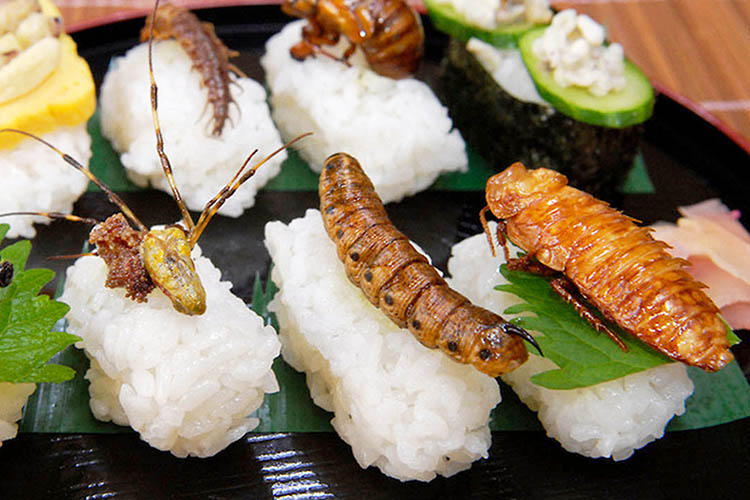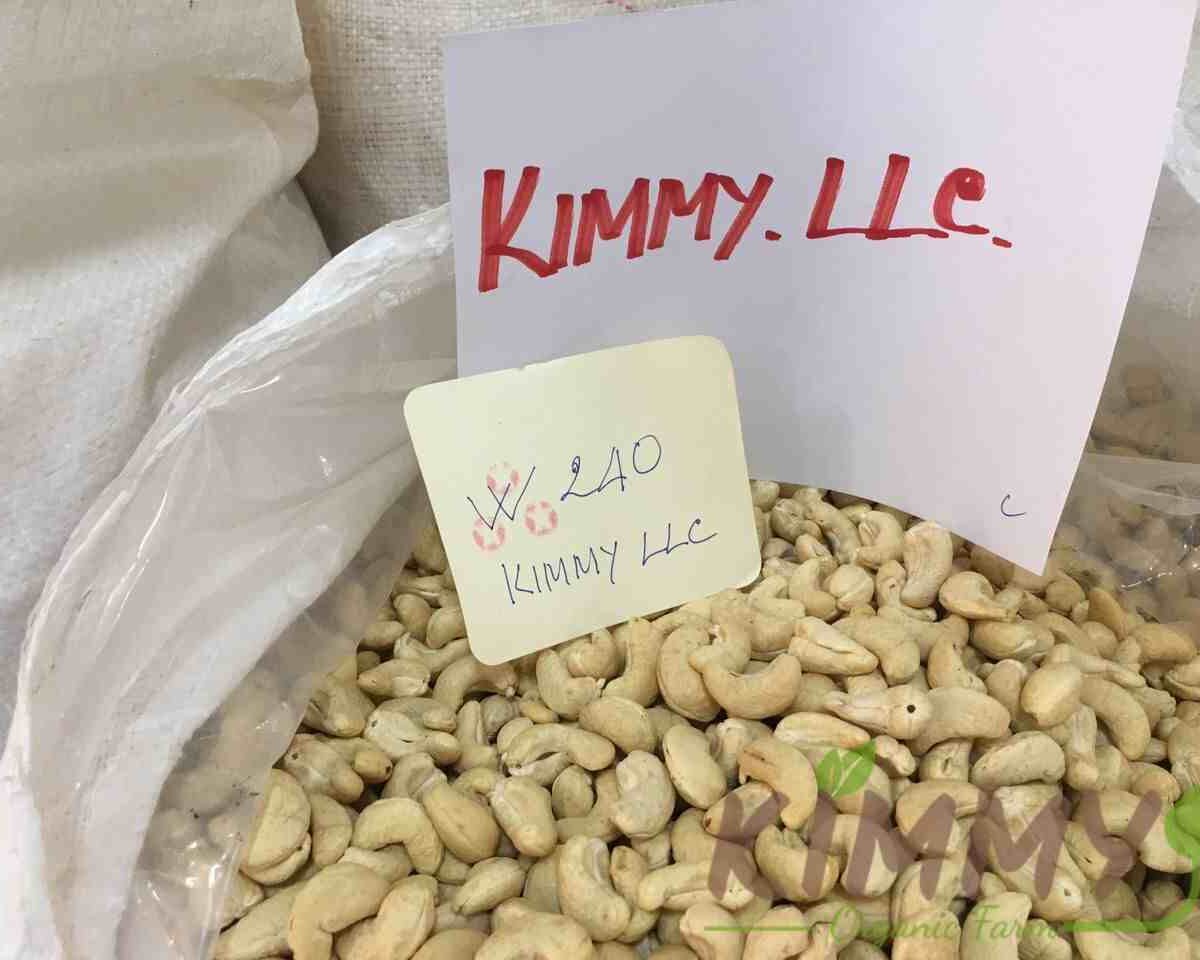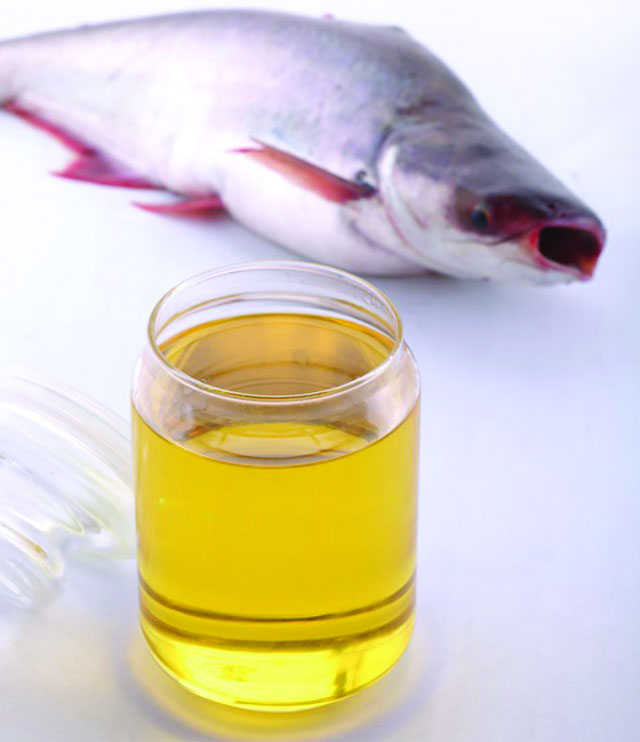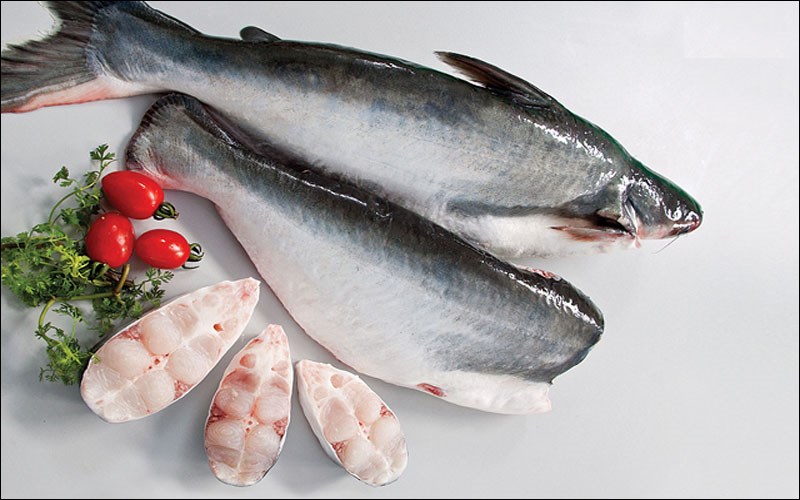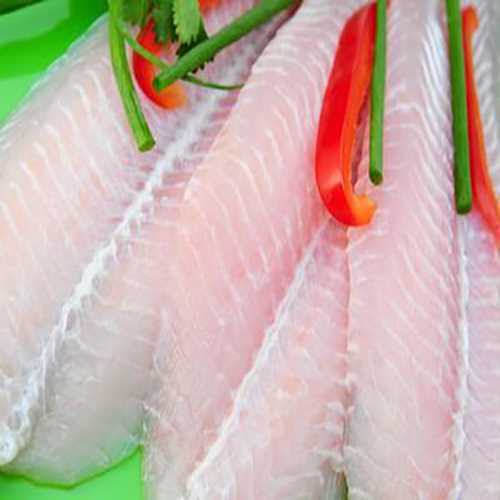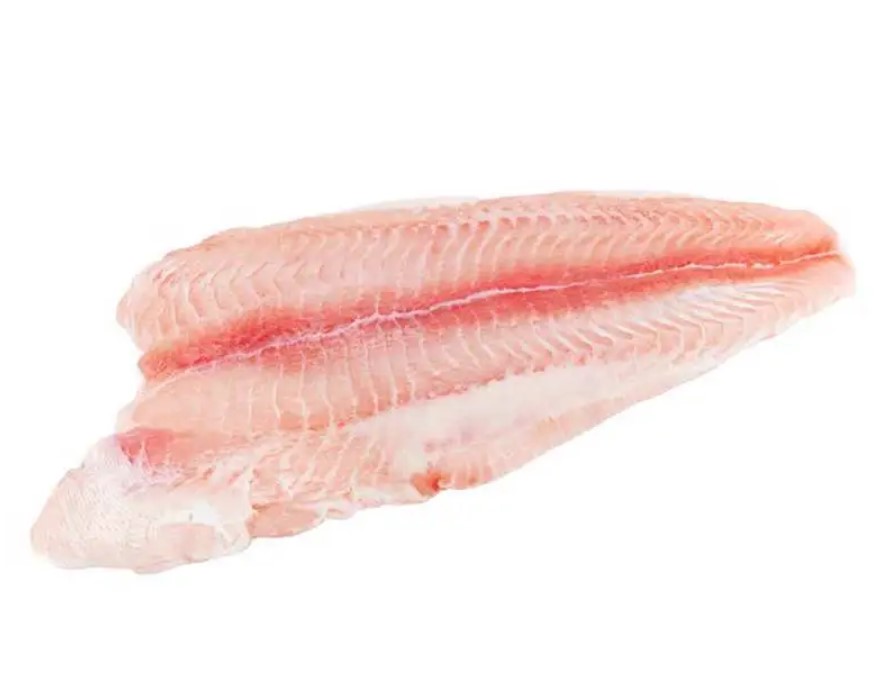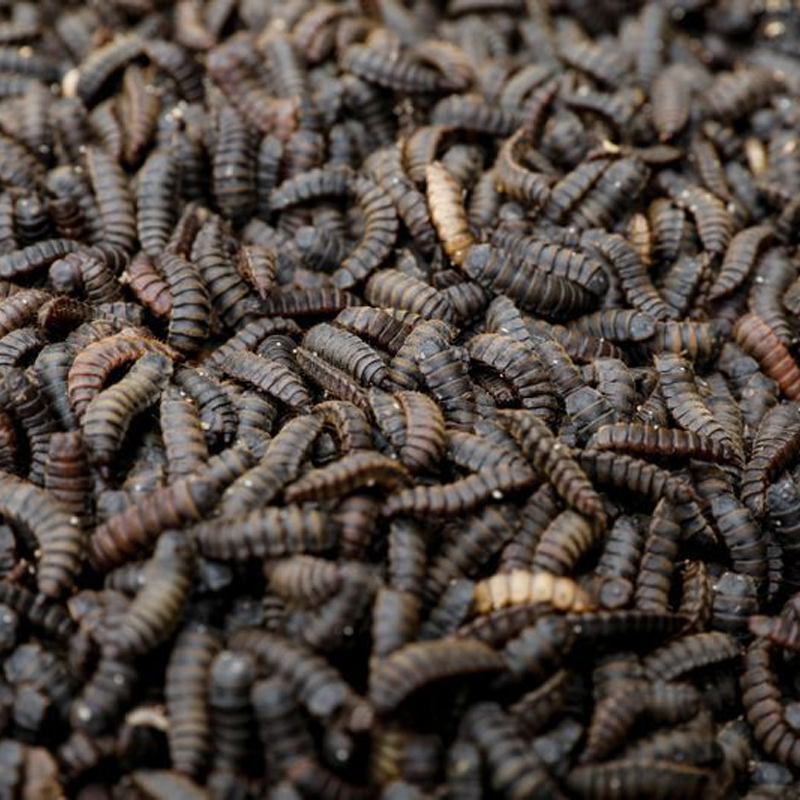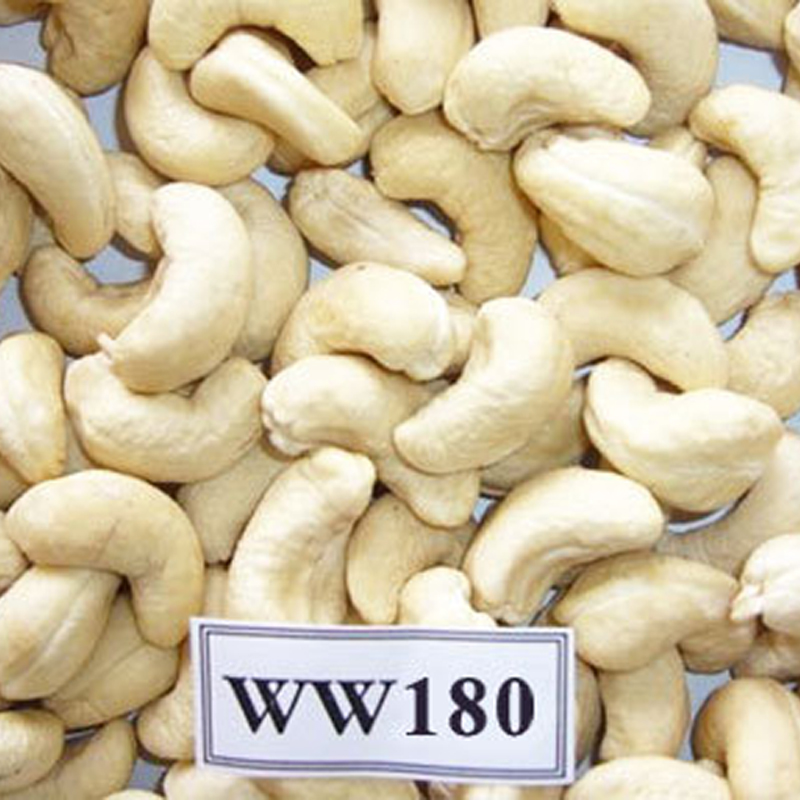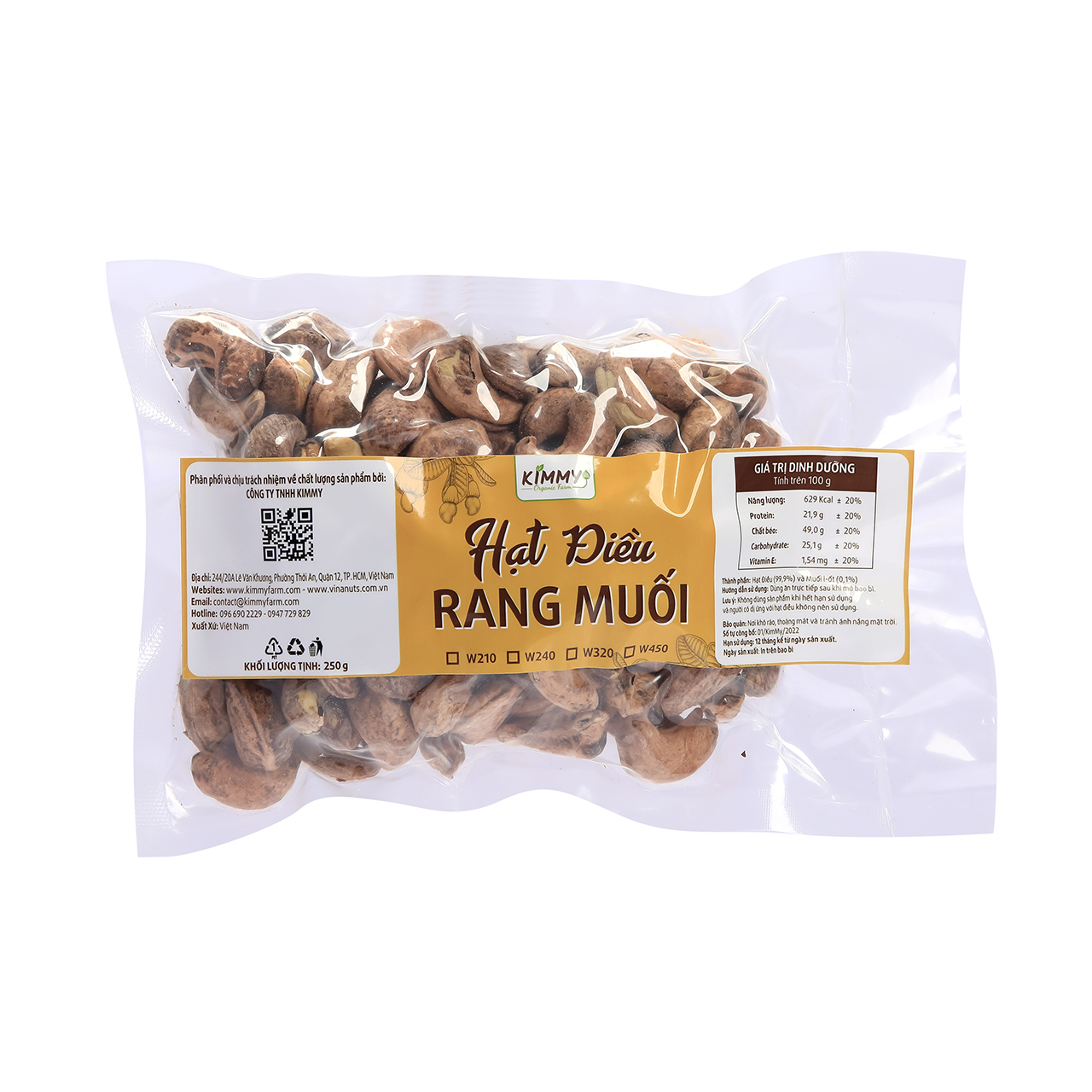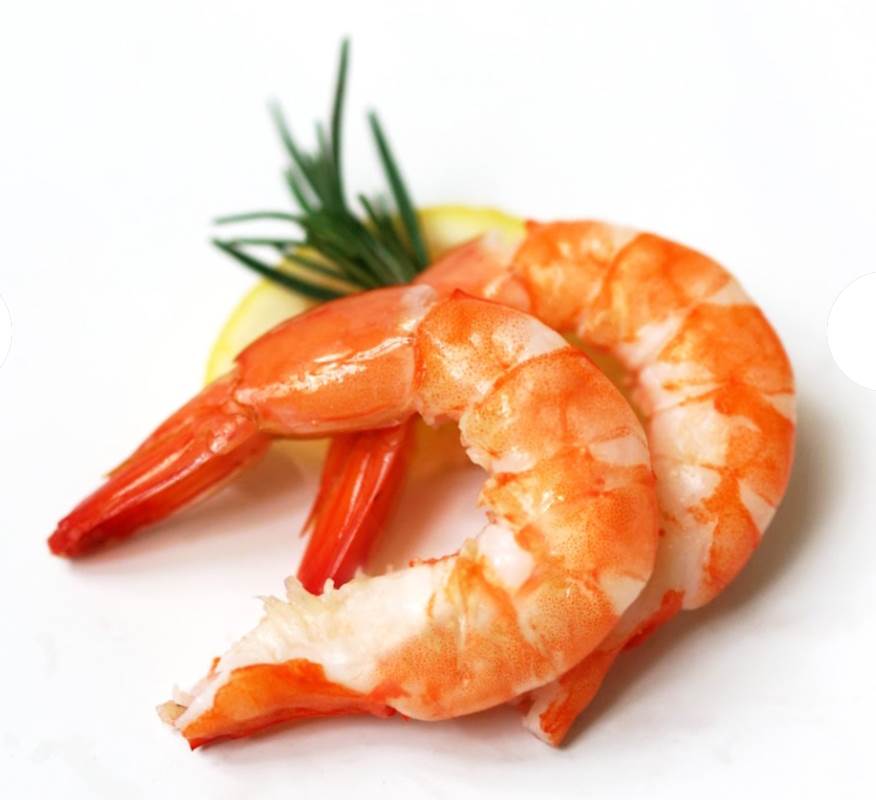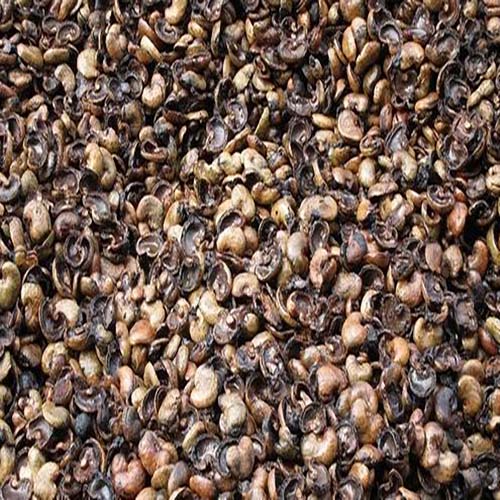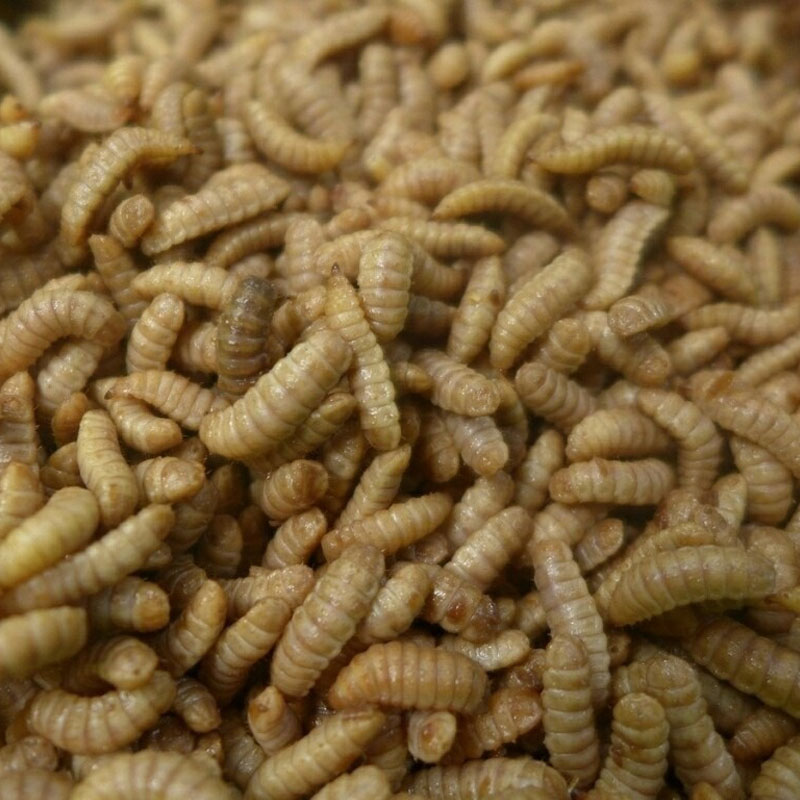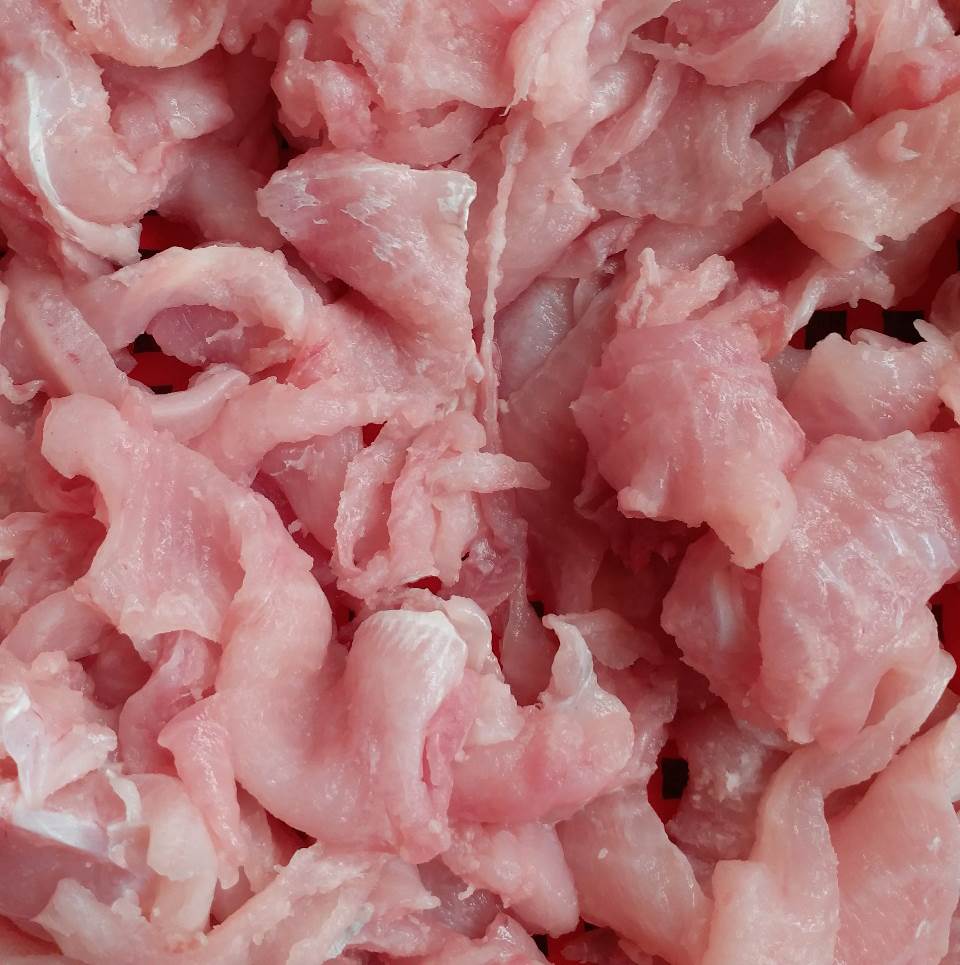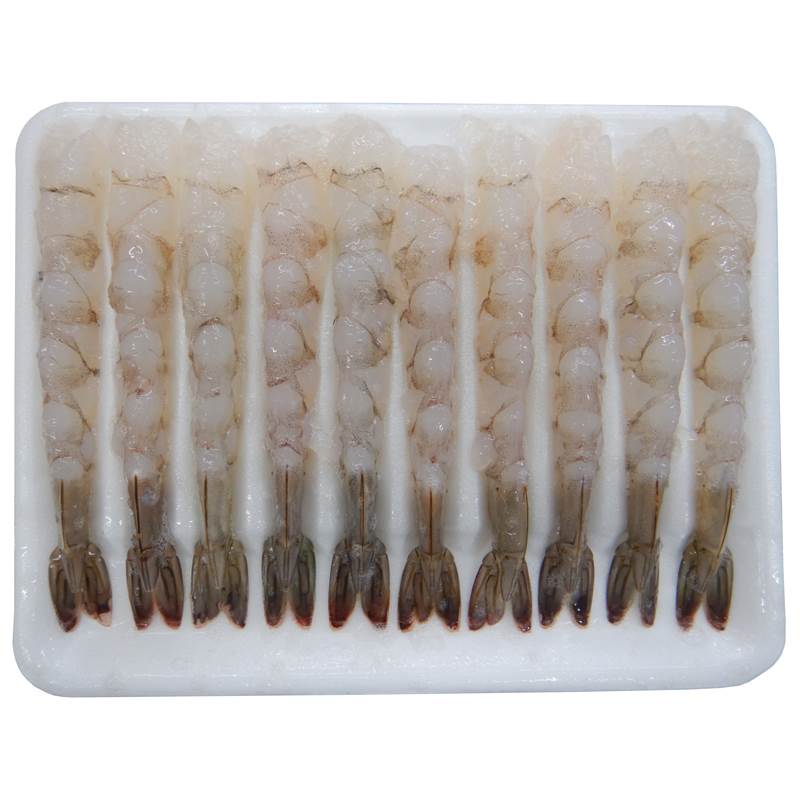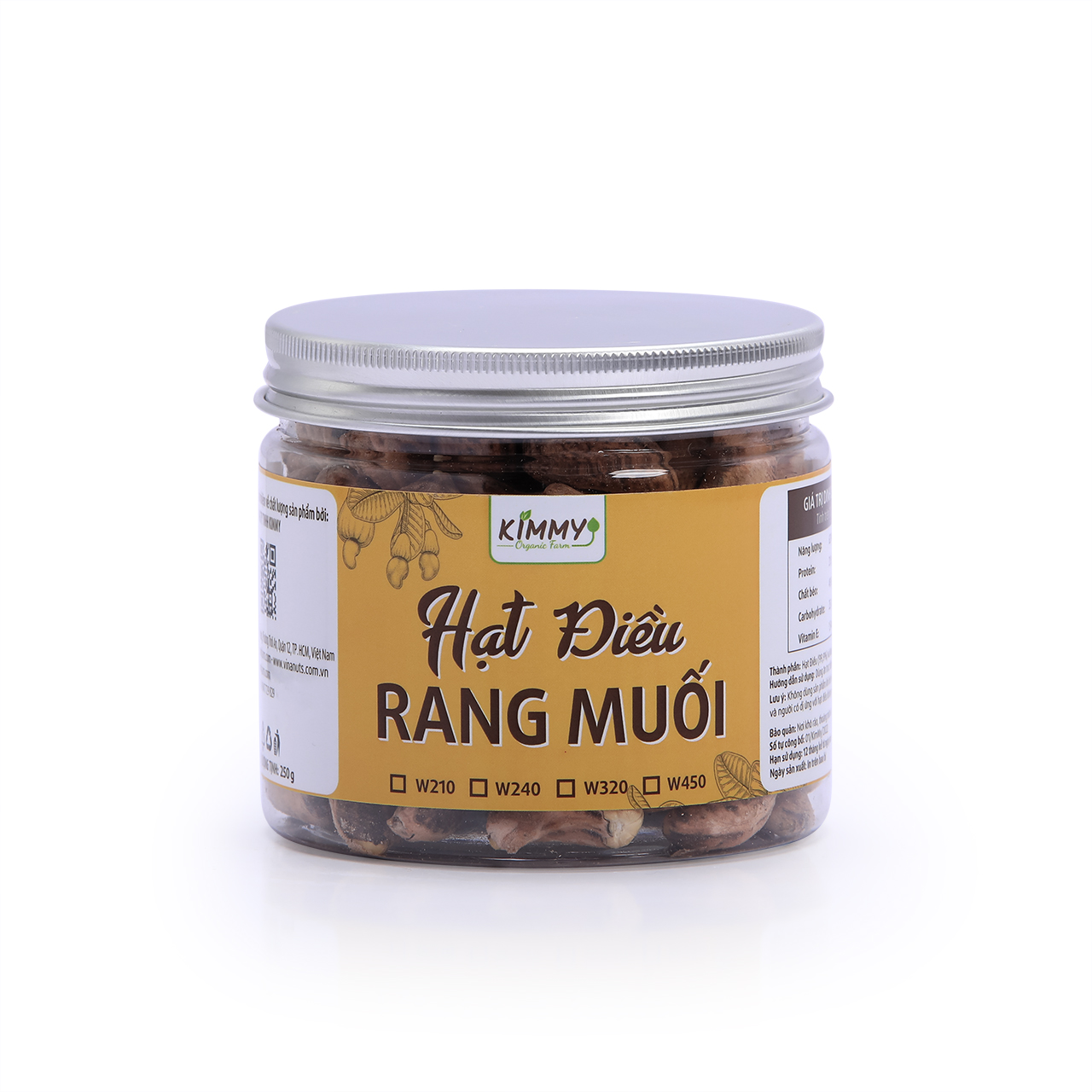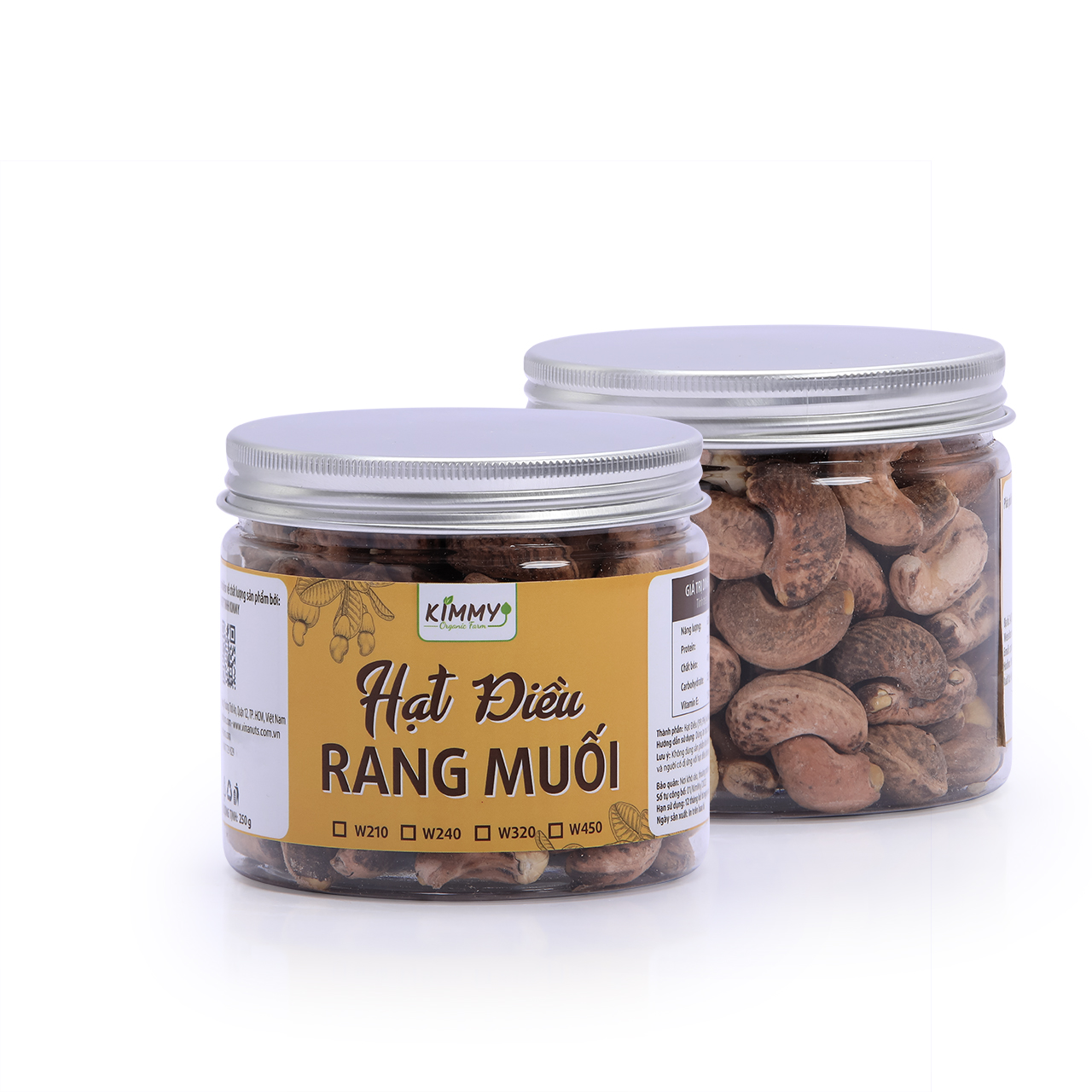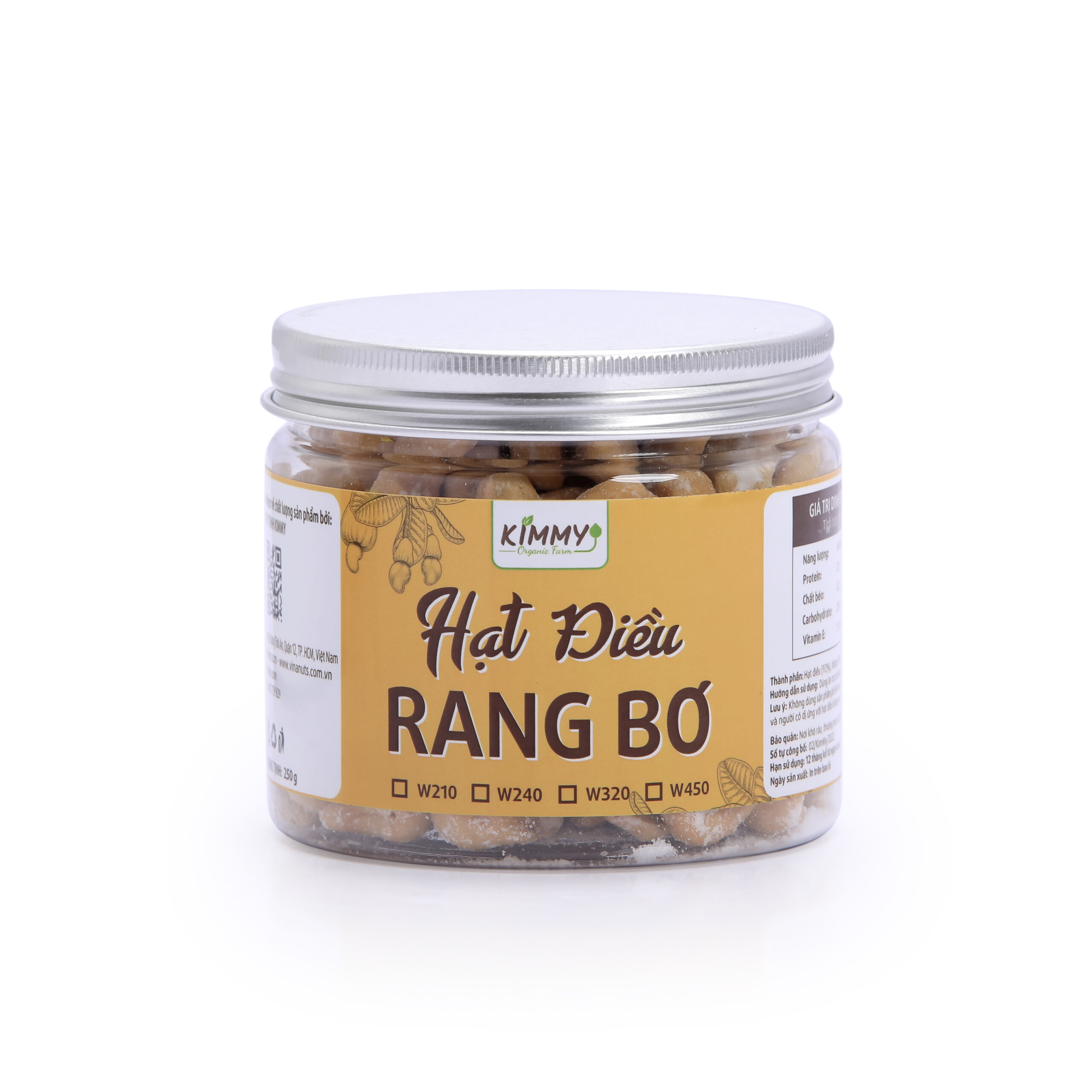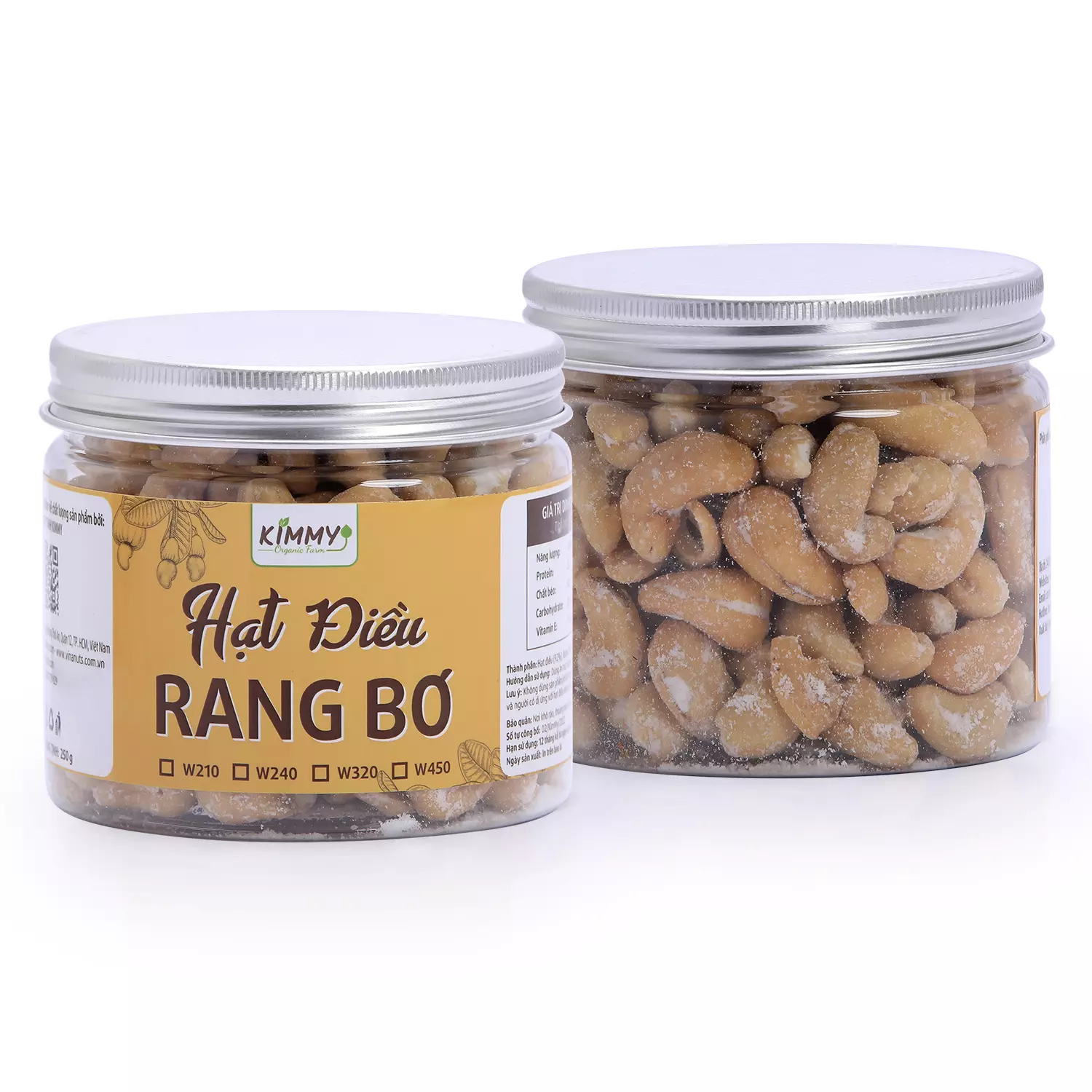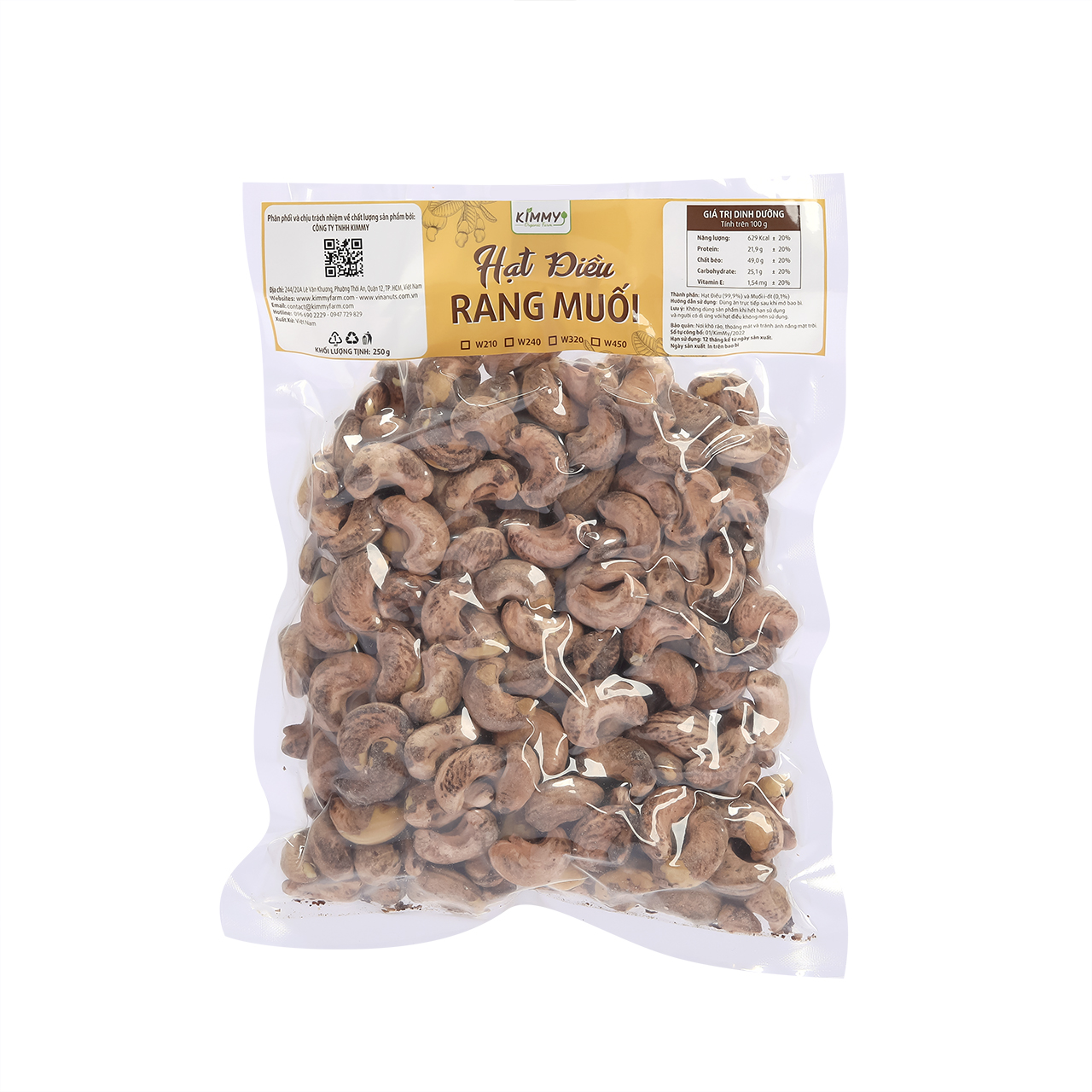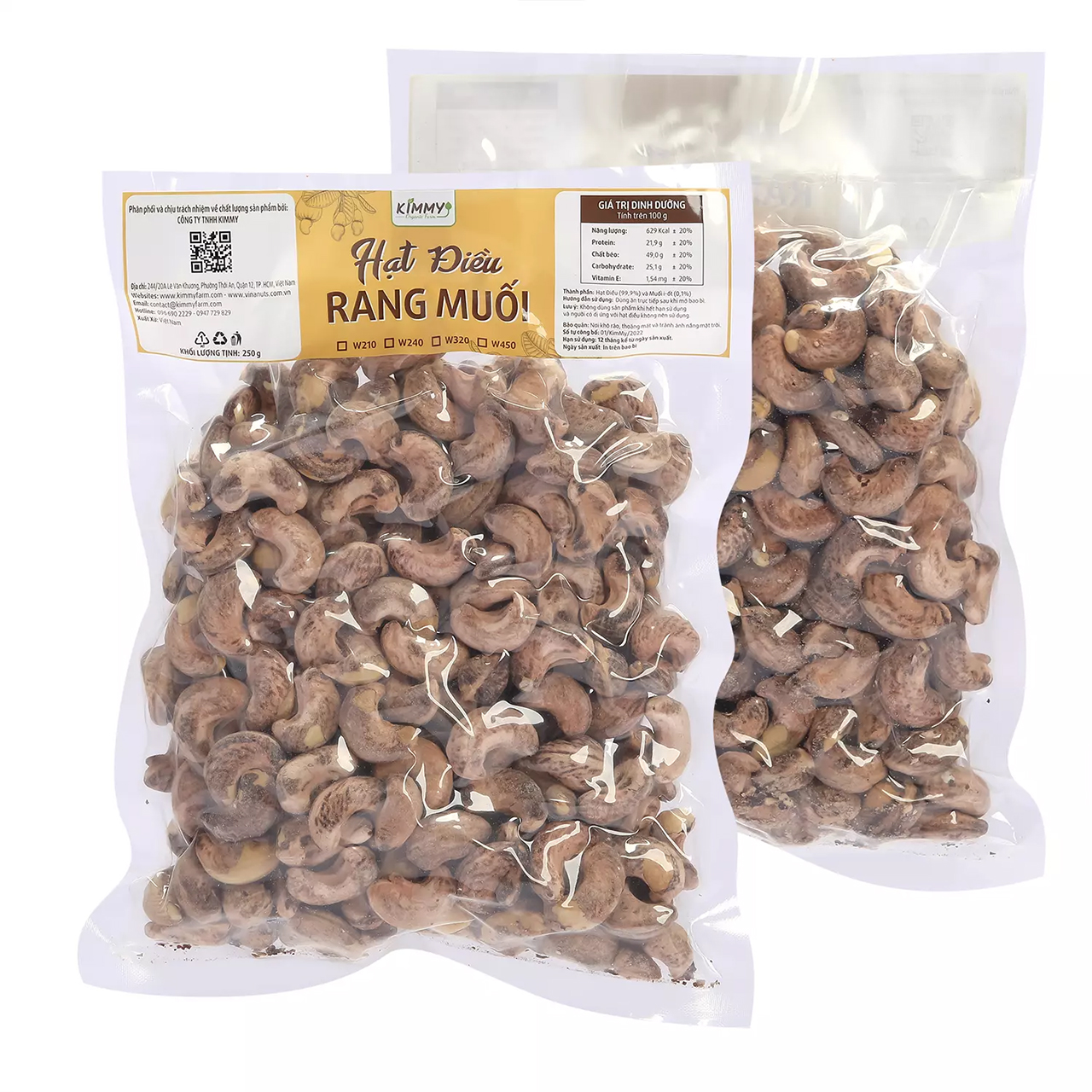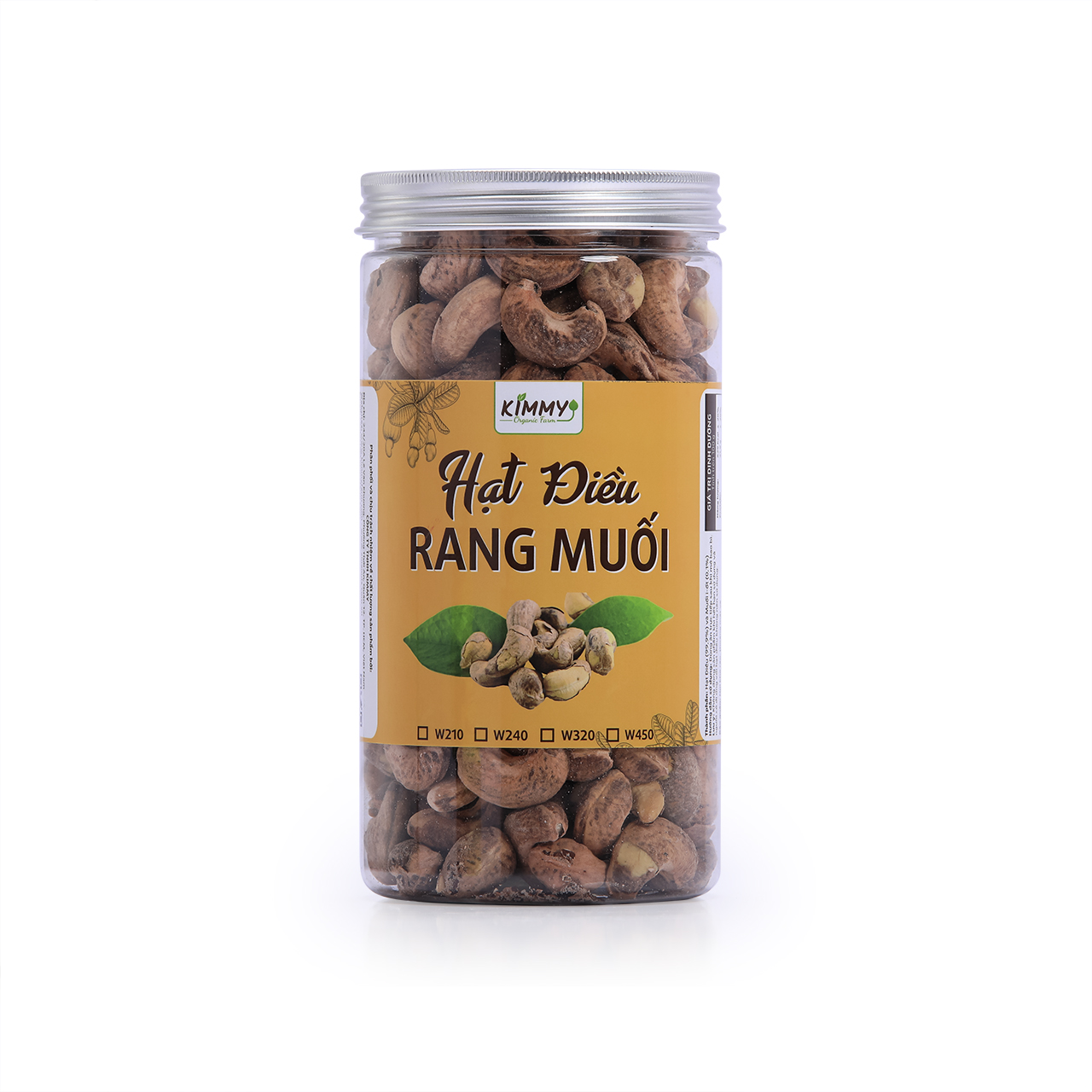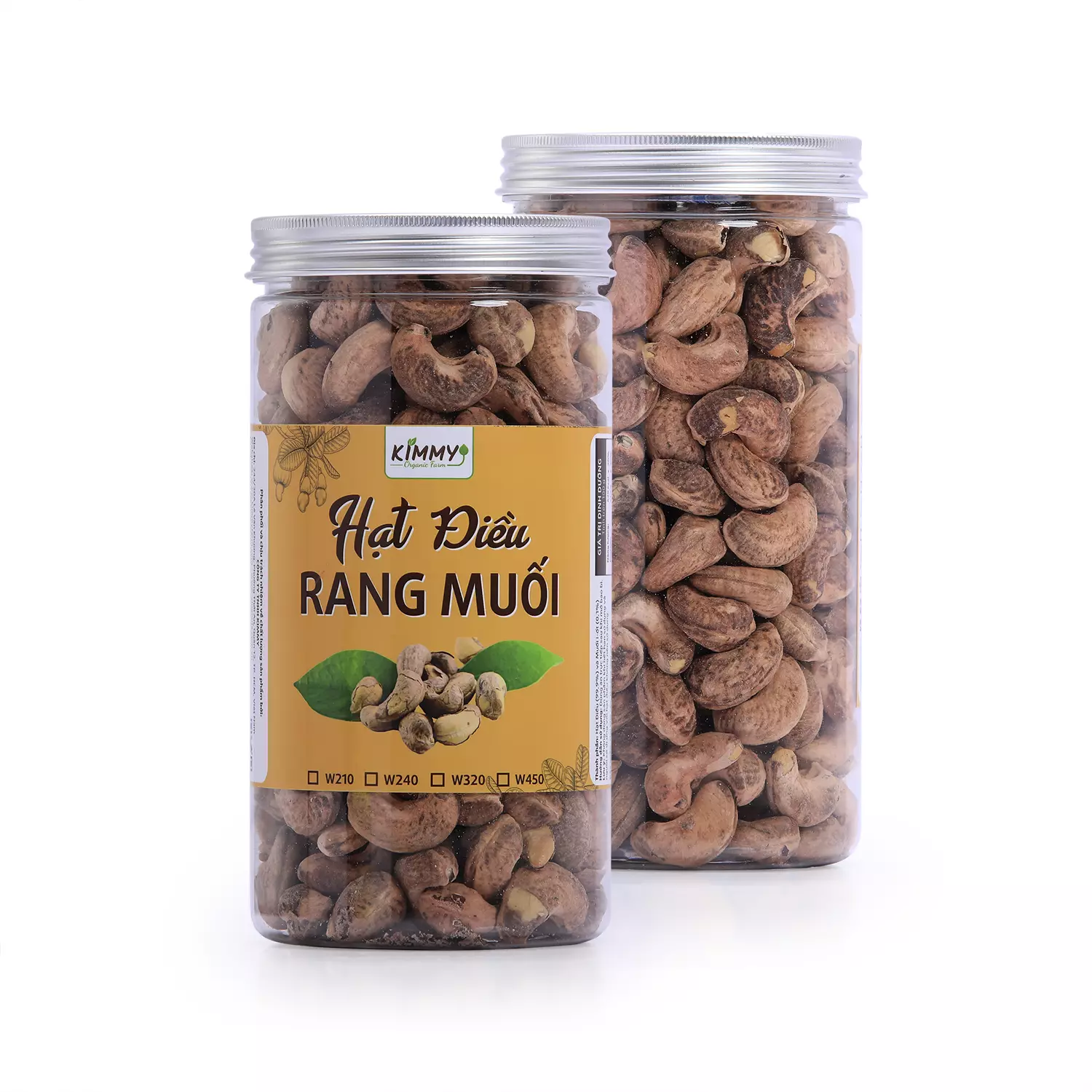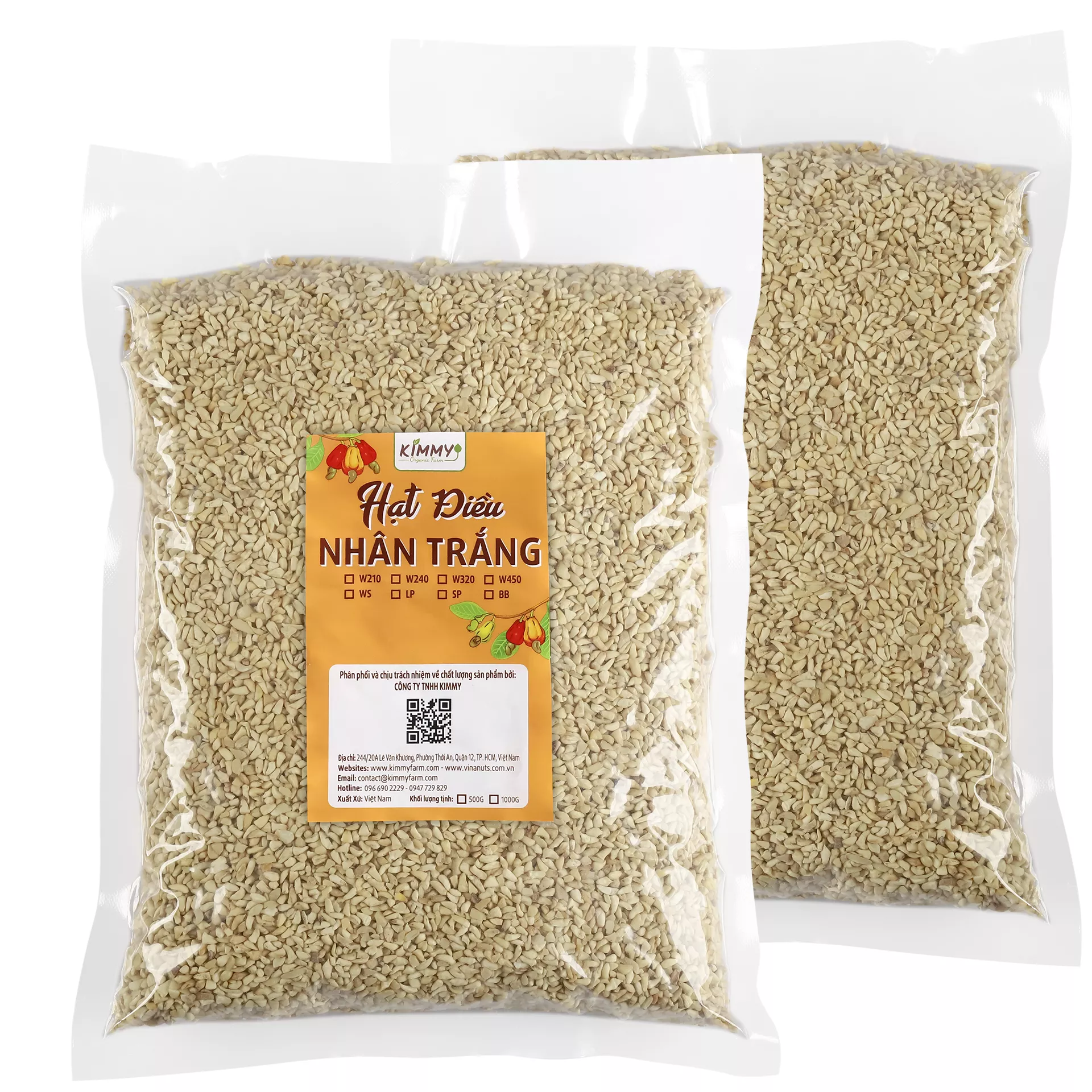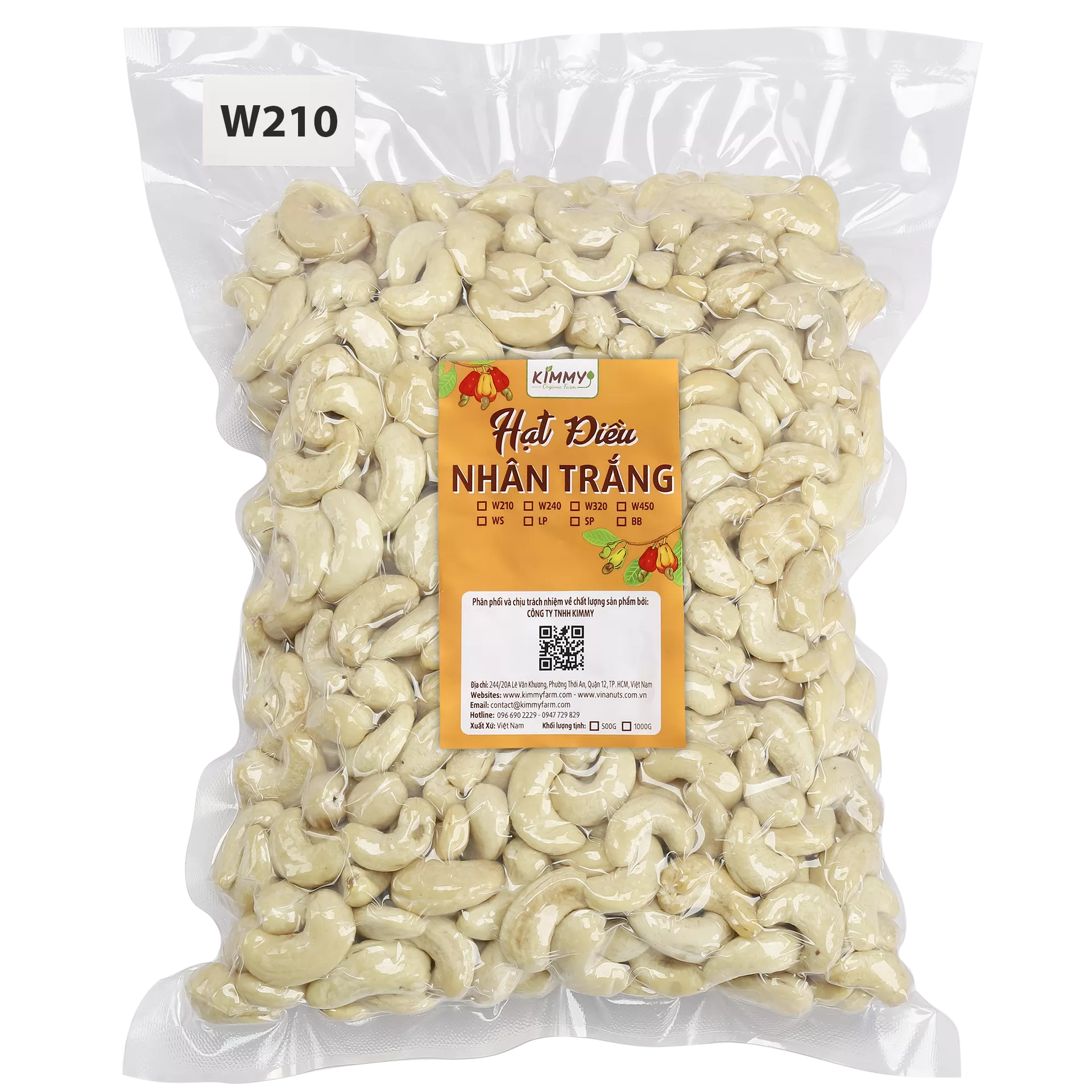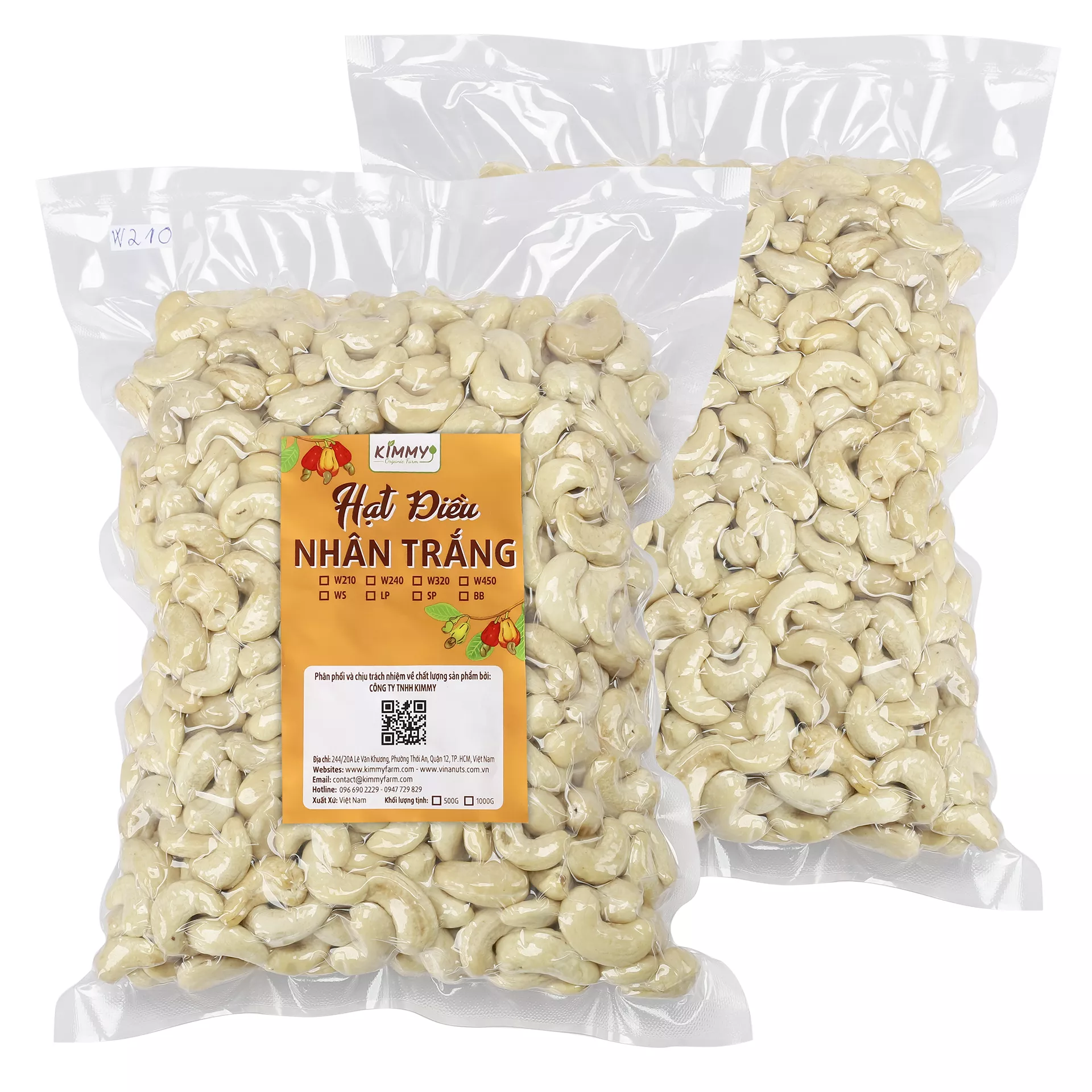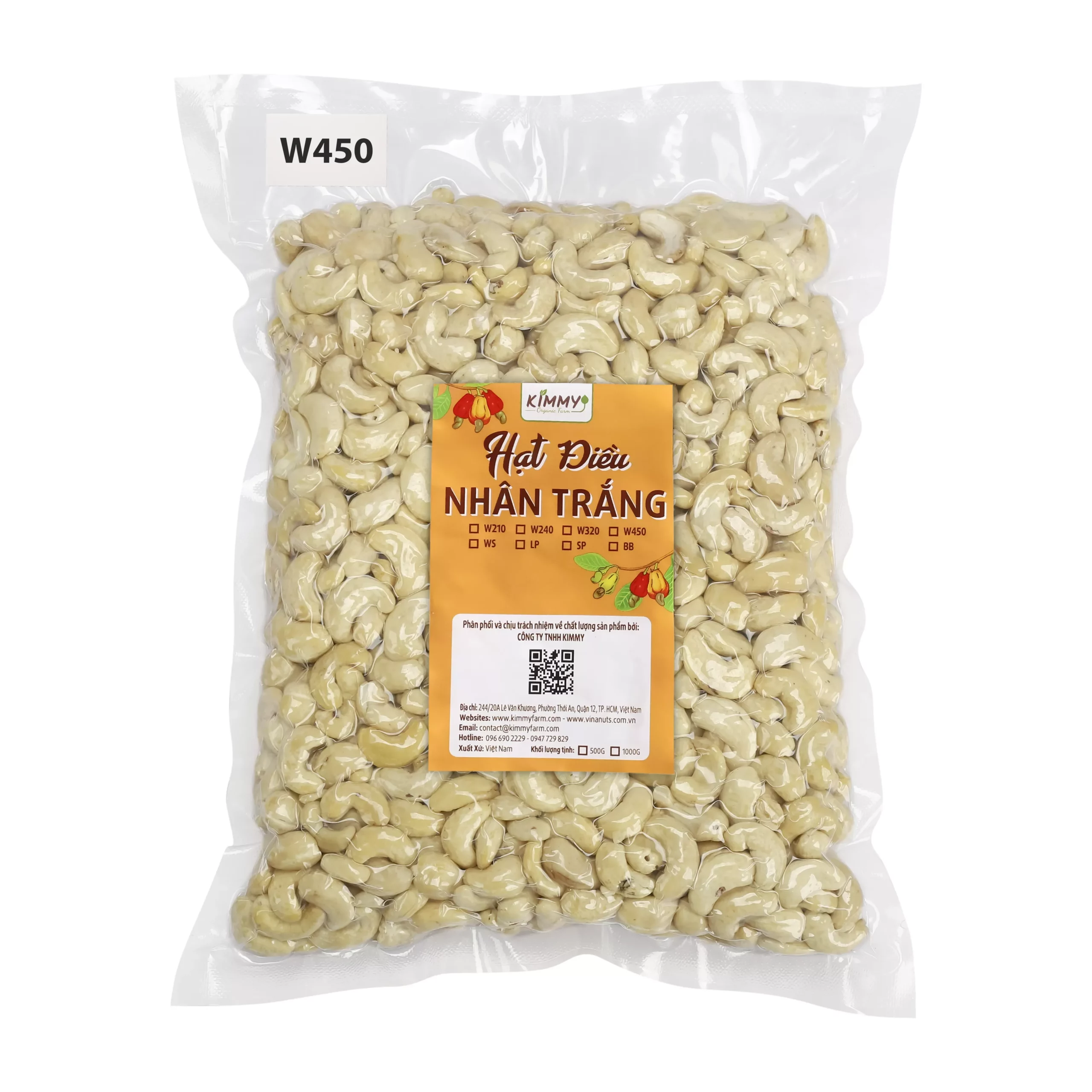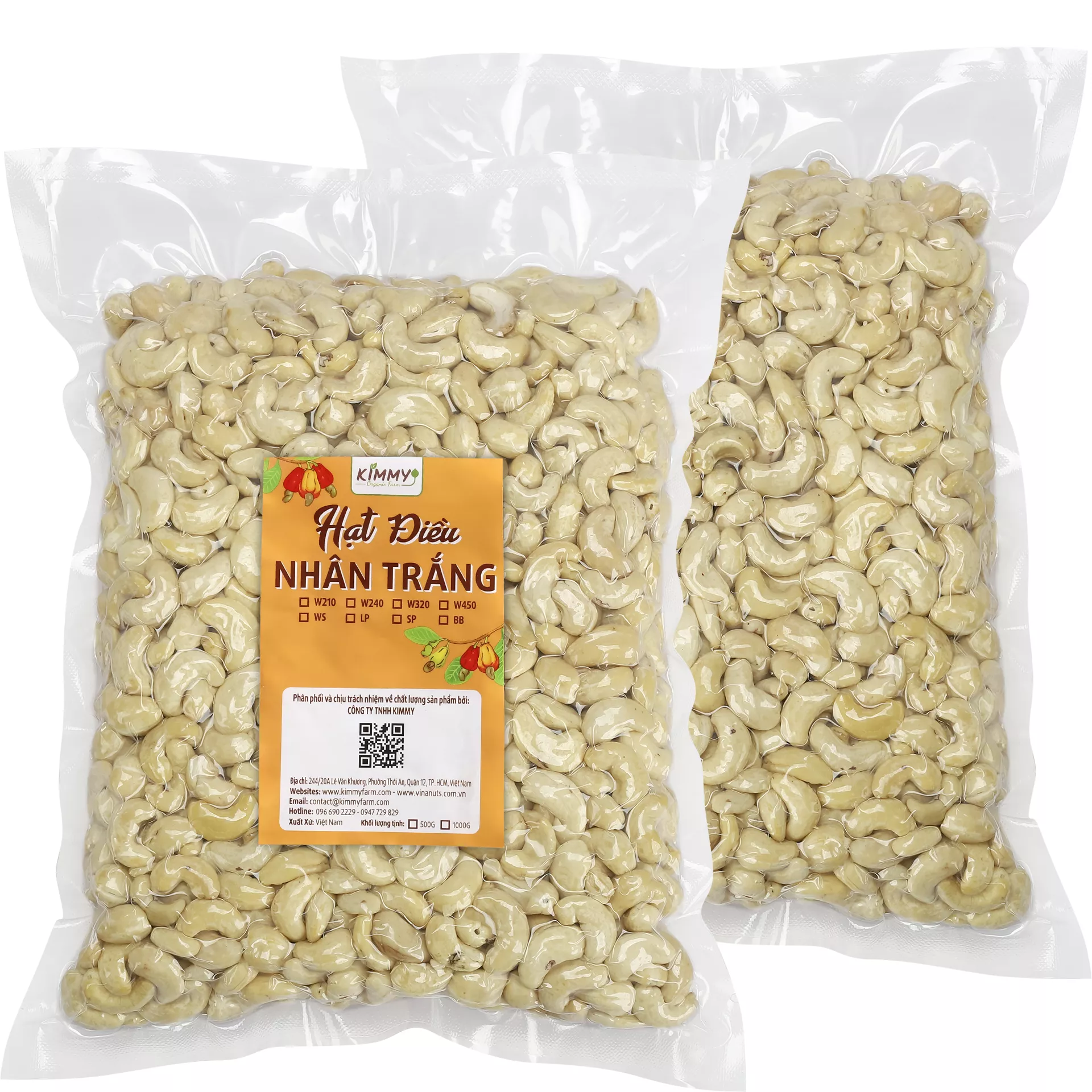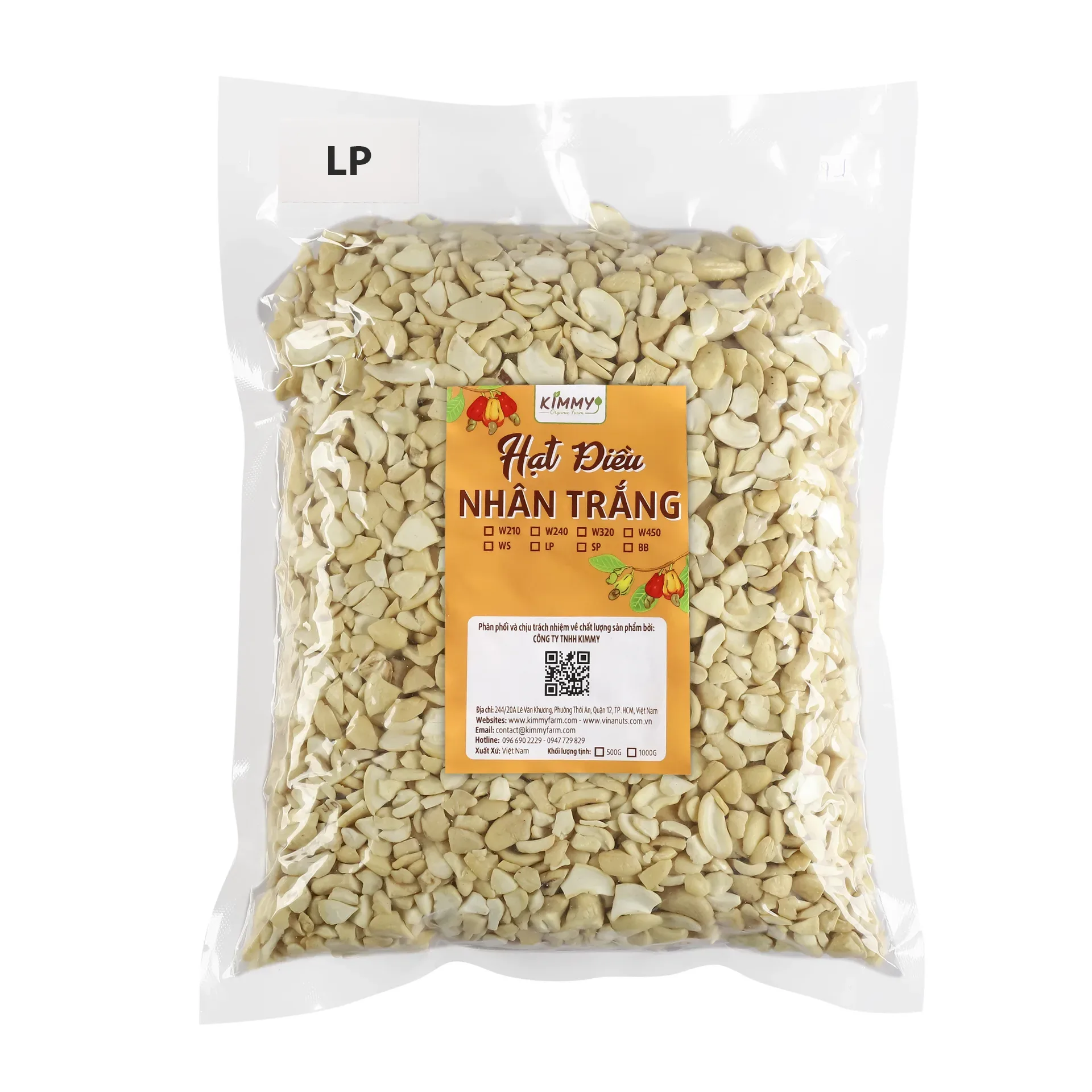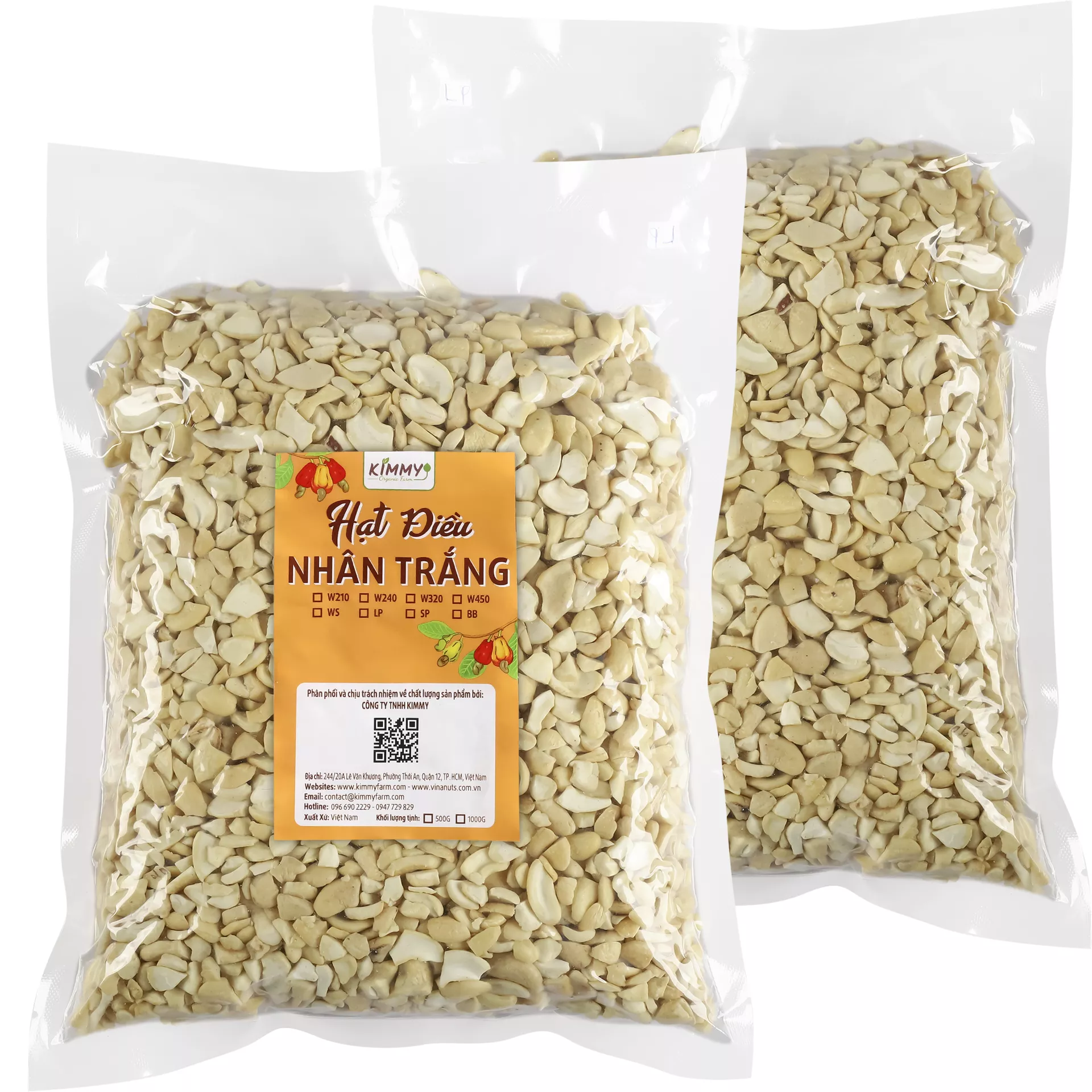Pangasius is a healthy food, rich in protein, vitamins, minerals, and healthy fats that are good for the body. Smoked pangasius refers to fish that has undergone either hot or cold smoking. Pangasius meat is packed with protein, omega fatty acids, and other essential nutrients. It is undoubtedly a healthy food, but it may contain high levels of sodium. So, with the sodium content in smoked pangasius, is it suitable for regular meals? Is smoked pangasius good for your health? Today, let’s explore this interesting topic with Kimmy Farm!
What is the Smoking Method for Pangasius?
Smoking is a common technique used to process many types of food. Meats and fish are often smoked using a combination of smoke and salt to preserve them, kill bacteria, prevent oxidation, and enhance flavor. The smoke can come from wood or tea, giving each dish its own distinct aroma. Smoking fish is usually done in two different ways:

Hot Smoking
Hot smoking is done at moderate temperatures, allowing the pangasius to cook thoroughly. This process kills most harmful bacteria. The temperature used for hot smoking is at or above 80°C (176°F). Hot-smoked pangasius typically has skin that peels more easily than cold-smoked fish.
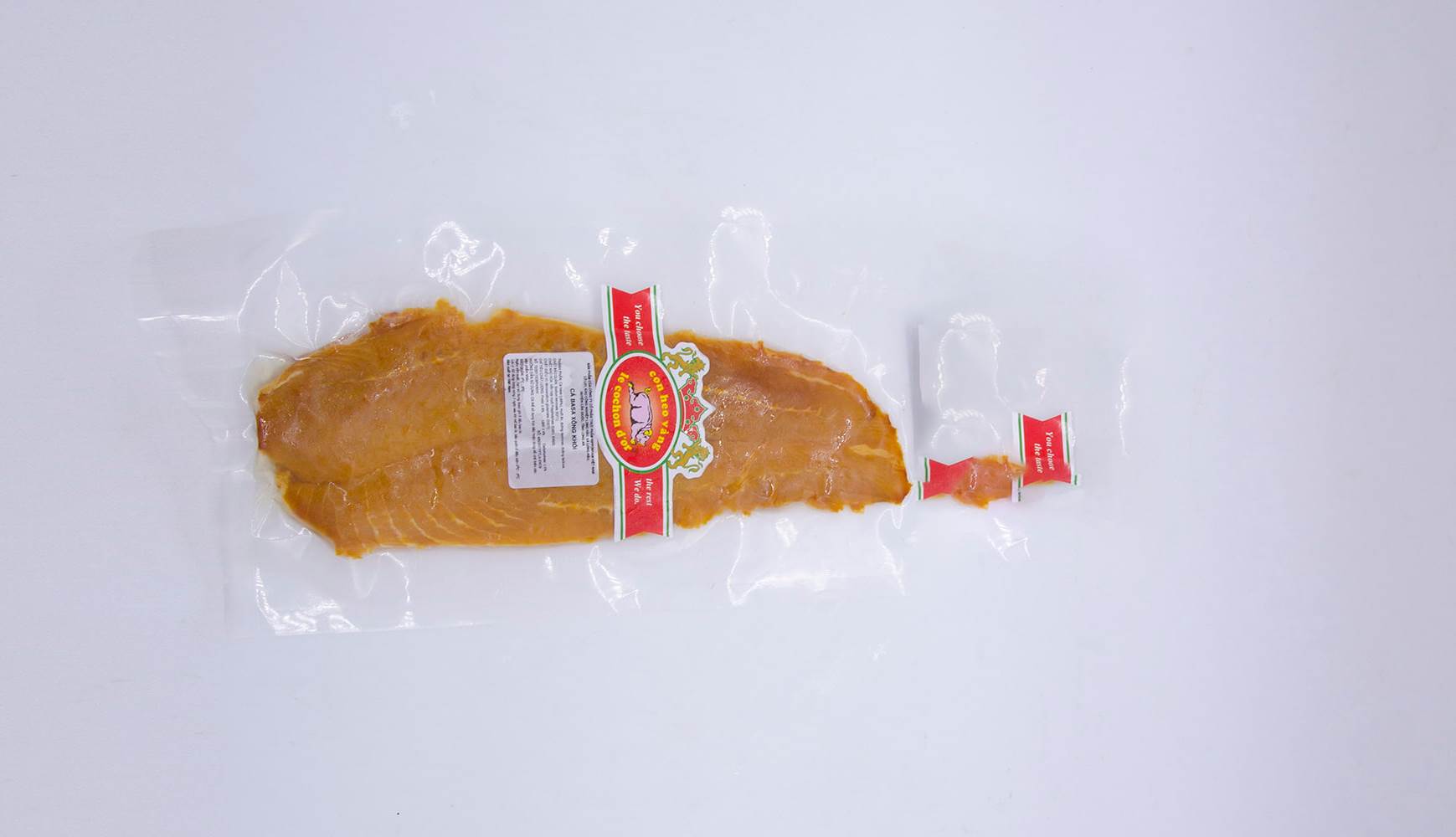
Cold Smoking
Cold-smoked fish can be mistaken for raw fish. The smoking temperature is lower than 80°C (176°F), usually ranging between 32–37°C (90–97°F). This low temperature is not enough to fully cook the fish or kill harmful bacteria. Therefore, people with weaker immune systems should avoid eating cold-smoked fish.
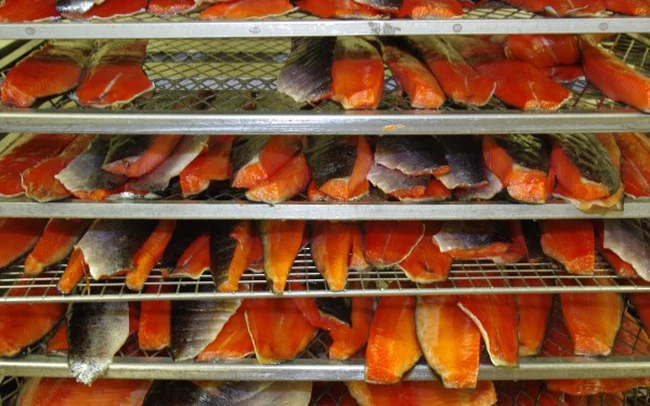
There are also other smoking methods such as wet smoking, which produce similar results if the same temperature and time conditions as hot or cold smoking are maintained.
Nutritional Comparison of Smoked Fish
The nutritional value of smoked fish varies by type.
100g of smoked pangasius contains:
- 37% Daily Value (DV) for protein
- 24% DV for vitamin B1
- 9% DV for vitamin B5 (pantothenic acid)
- 14% DV for vitamin B6
- 54% DV for vitamin B12
- 11% DV for copper
- 5% DV for iron
- 5% DV for magnesium
- 16% DV for phosphorus
- 5% DV for potassium
- 54% DV for selenium
100g of smoked black cod contains:
- 50% DV for protein
- 25% DV for vitamin B1
- 20% DV for vitamin B6
- 27% DV for vitamin B12
- 8% DV for iron
- 14% DV for magnesium
- 25% DV for phosphorus
- 12% DV for potassium
- 61% DV for selenium
100g of smoked sturgeon contains:
- 62% DV for protein
- 19% DV for vitamin A
- 24% DV for niacin (vitamin B1)
- 5% DV for riboflavin (vitamin B2)
- 6% DV for thiamin (vitamin B3)
- 10% DV for vitamin B5
- 13% DV for vitamin B6
- 48% DV for vitamin B12
- 5% DV for iron
- 12% DV for magnesium
- 28% DV for phosphorus
- 11% DV for potassium
- 29% DV for selenium
All these fish types are rich in essential omega-3 fatty acids and contain small amounts (1–4%) of other vitamins and minerals.
Benefits of Eating Smoked Pangasius
Smoked fish is widely consumed across continents and is gaining popularity globally because it extends shelf life without compromising nutritional quality. Using edible essential oils from herbs and spices (like clove oil) during the smoking process can further extend shelf life and add antioxidants to the smoked product.
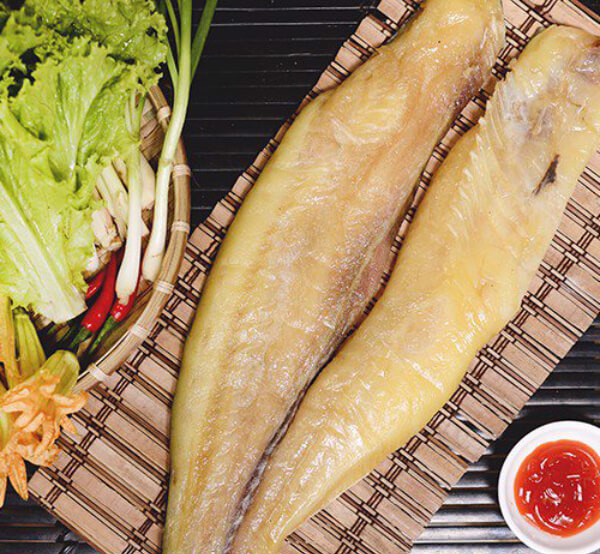
Fatty fish like pangasius, salmon, herring, and mackerel provide more nutritional benefits than lean fish due to their higher healthy fat content.
Nutrient Loss in Smoked Pangasius
Smoked fish tends to be high in sodium. Many smoked fish types contain about 31–33% of the recommended daily sodium intake per 100g, while others, like lox, may contain up to 83%. This means that even small portions can significantly raise your sodium intake. High sodium levels are linked to increased risk of digestive problems and some cancers.
Other Drawbacks of Smoked Pangasius
Certain foodborne illnesses are linked to smoked fish—especially cold-smoked varieties. One of the major concerns is Listeria, a bacteria that can cause serious illness in pregnant women, the elderly, or people with weakened immune systems. Unlike most bacteria, Listeria can survive in refrigerated conditions and cause problems if the food is not properly cooked. However, hot-smoked fish is unlikely to carry these harmful bacteria.

Chúng tôi là một thương hiệu chuyên sản xuất, thương mai và xuất khẩu các mặt hàng nông sản của Việt Nam. Chúng tôi có vùng trồng điều & nhà máy điều ở Bình Phước, trại nuôi ruồi lính đen ở Tây Ninh. Các mặt hàng xuất khẩu chính của Công ty là: hạt điều, hạt điều nhân, ruồi lính đen,… từ Việt Nam.

